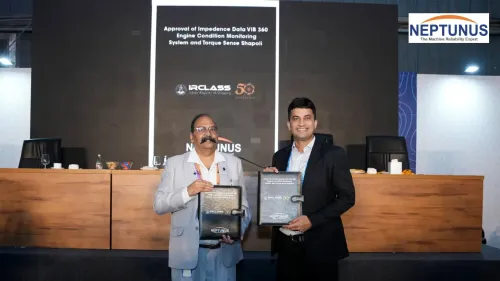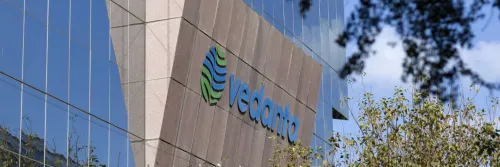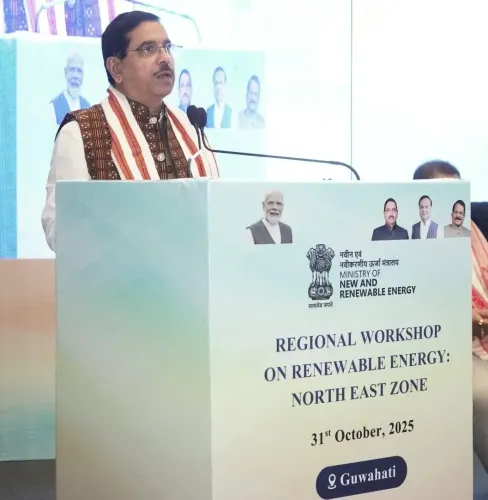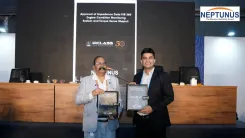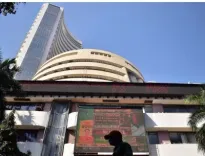Maharashtra Health Minister: Guillain-Barre Syndrome is Not New, Low Immunity a Risk Factor
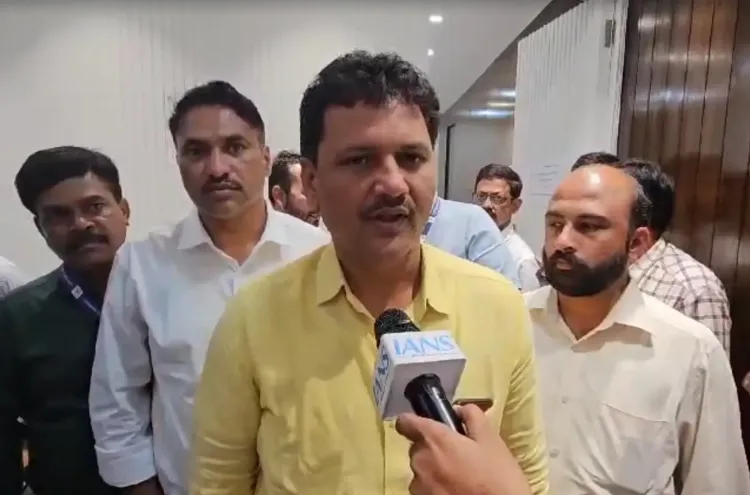
Synopsis
Key Takeaways
- Guillain-Barre Syndrome has been previously found in India.
- Low immunity poses a significant risk for GBS.
- Contaminated water is linked to the rise in cases in Pune.
- The state launched financial assistance for GBS patients.
- Effective treatments are available for GBS.
New Delhi, Jan 28 (NationPress) Guillain-Barre Syndrome (GBS) is not a new condition and has previously been observed in India, stated Maharashtra Health Minister Prakash Abitkar on Tuesday, as the number of reported cases in Pune has risen to 110.
In an interview with IANS, Abitkar emphasized that low immunity is a major risk factor for this disease, which can lead to a debilitating nerve disorder.
"GBS is not unfamiliar. The condition has affected individuals in Maharashtra and across the nation before," Abitkar informed IANS.
The state initiated the Mahatma Phule Jeevandayee Arogya Yojana in 2020 to address such health issues, Abitkar noted.
"Patients suffering from GBS were provided financial aid of up to Rs 2 lakh by the government," he shared with IANS.
"Individuals with low immunity are particularly susceptible to GBS; children under 15 years and seniors over 65 years are more vulnerable," the Minister explained.
He pointed out that the rise in cases in Pune is attributed to other factors. He indicated that contaminated water leading to infections is the primary cause of the surge in cases there.
"Among the 110 patients in Pune, 80 consumed water from the same well. We are in ongoing discussions with the Pune Municipal Corporation about this issue," he said.
The Minister also confirmed one fatality linked to the disease.
Reassuring the public about the condition, he remarked, "There is no need for alarm, as treatment is readily available for GBS."
GBS manifests when antibodies that combat bacterial or viral infections, such as Campylobacter jejuni or respiratory infections, mistakenly attack the peripheral nerves.
Manjari Tripathi, head of the neurology department at AIIMS, stated to IANS that GBS is generally sporadic. Occasionally, it can appear in an endemic form, but this particular instance has clustered in Pune.
"In GBS, paralysis occurs rapidly, beginning from the lower limbs and progressing to the trunk, arms, respiratory, and bulbar muscles, making swallowing and breathing difficult," Tripathi explained.
Importantly, the symptoms appear suddenly and escalate quickly, distinguishing them from other peripheral neuropathies, according to the neurologist.
She elaborated that this condition typically arises following a bacterial or viral infection.
"The infection usually manifests 10 days to two weeks prior to the onset of GBS, and after subsiding, it triggers an autoimmune response that deteriorates the nerves. Maintaining hygiene in food and water is crucial," the expert added.
Praveen Gupta, Principal Director and Chief of Neurology at a local hospital, mentioned that contemporary treatments are very effective against GBS.

